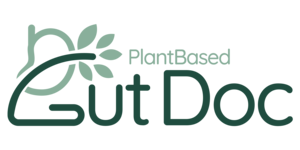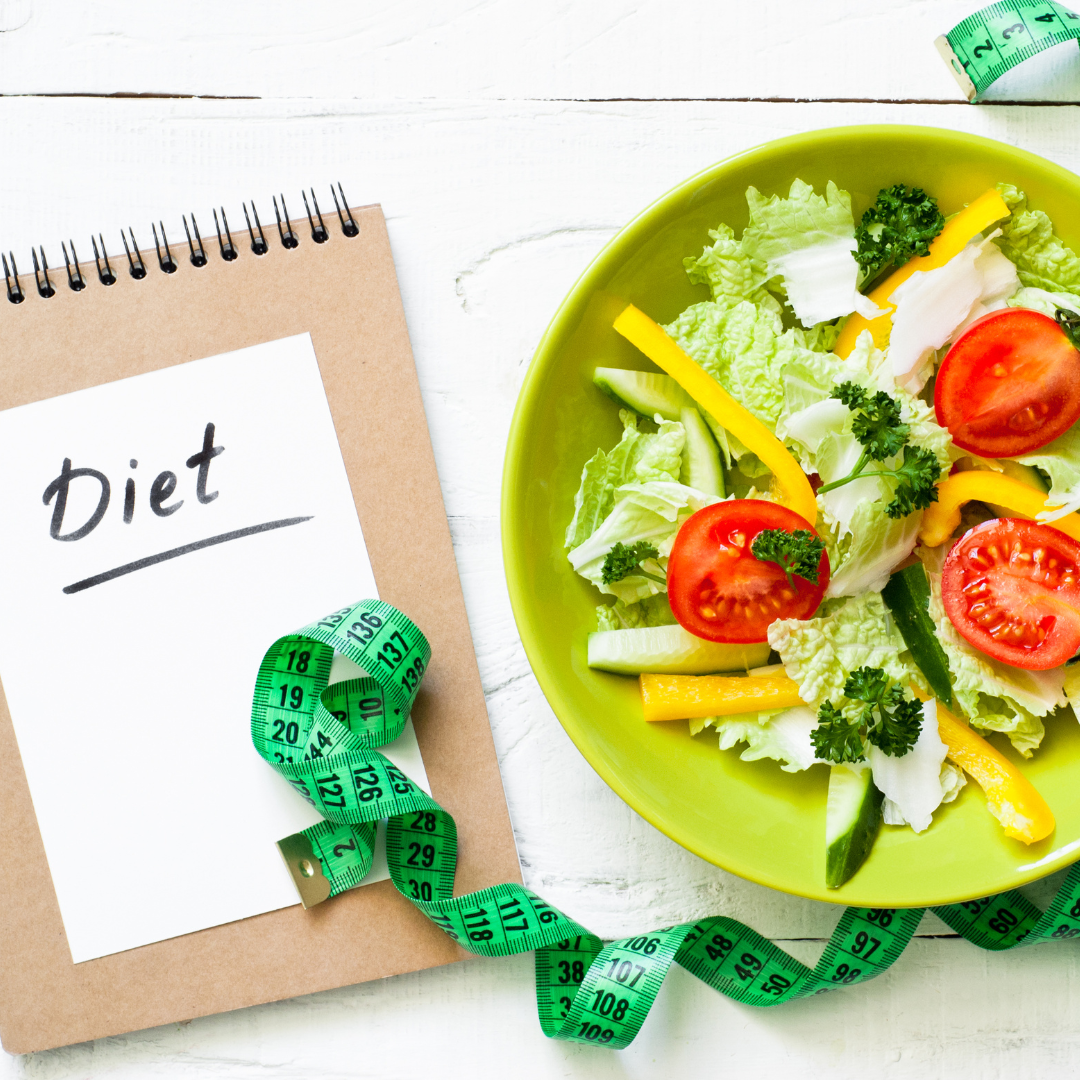October is breast cancer awareness month. Sadly, 1 in 8 women in the United States (about 12%) will develop this invasive cancer in their lifetime. In the US in 2020, about 276,480 new cases of invasive breast cancer were expected to be diagnosed, along with a little less than 50,000 new cases of non-invasive (in situ) breast cancer.
There are a number of risk factors that play into this, like genetics, environmental factors, level of activity, the density of a woman’s breasts, and exposure to radiation in the past. However, the foods you eat play a big role in whether an individual (man or woman) contracts this challenging condition as well. Before we dive into the foods that increase and reduce breast cancer risk, let’s chat about screening.

Women should get screened for breast cancer
The American Cancer Society has specific screening guidelines that all of us should be aware of. Here are a few key points from their guidelines:
- Everyone should pay attention to how their breasts normally look and feel and conduct self-screenings periodically. While it is much more common in women, men can also contract it.
- Women aged 40 to 44 years should have the choice to start screenings once a year with mammography if they want.
- Women under the age of 40 should also consult with their doctors if they have a family history or other factors that put them at a higher risk.
- Women aged 45 to 49 years who are at average risk should be screened with mammography annually and every two years from 50-74 years old.
Foods to avoid to decrease breast cancer risk
- Processed and red meats – Did you know that The World Health Organization classified processed meats, like ham, bacon, sausage, and salami, as a Group 1 carcinogen? This means that there is strong evidence that they cause cancer. One analysis linked high processed meat consumption to a nearly 10% greater breast cancer risk. That’s right. It’s not just speculation. It’s clear as day! Red meats, such as beef, lamb, and pork, have been classified as a Group 2A carcinogen, which means they probably cause cancer. Here’s why:
- Meat processing leads to the formation of potentially cancer-causing chemicals.
- Meat also contains heme iron, which can facilitate the production of carcinogens.
- Cooking can also produce carcinogenic chemicals and alter the DNA of your cells. Meat cooked at high temperatures or over an open flame was more likely to do so. So, when you see that char, proceed with caution.
- Overcooked foods – That unhealthy char doesn’t just apply to meat. The Food and Drug Administration has also stated that overcooking starchy foods, like potatoes, increases acrylamide formation. Instead of grilling or pan-frying all of the time, consider poaching, pressure cooking, or oven roasting at a controlled temperature. These are healthier cooking methods. The International Agency for Research on Cancer (IARC) has deemed acrylamide to be “probably carcinogenic to humans” because it alters DNA and induces apoptosis or cell death.
- Alcohol – I know we’re talking about food here, but we can’t fully cover this topic without addressing the link between alcohol and breast cancer. Studies show that compared to women who don’t drink at all, women who have three alcoholic drinks per week have as much as 15% higher risk of breast cancer. Experts estimate that the risk of breast cancer goes up another 7-10% for each additional drink women regularly have each day. Our livers turn alcohol into acetaldehyde, a carcinogenic compound that damages DNA, causes oxidative stress and inhibits immune function. It prevents your body from fighting off cancer-causing cells and increases levels of estrogen in women. This creates a higher risk for estrogen receptor-positive breast cancer.
- Fried and fast foods – Once again, acrylamide formation is to blame here but also, since fried foods are high in saturated fat and cholesterol, consumption could lead to type 2 diabetes, obesity, heart disease, and other serious health concerns. This could make an individual more susceptible to types of cancer including breast cancer. A recent study of 620 women showed that fried food intake was the largest risk factor for breast cancer development.
- Sugar – High sugar intake increases inflammation and may significantly raise breast cancer risk. This is due to the expression of certain enzymes related to cancer growth and spread. Also, while the direct link to cancer has not been proven, avoid artificial sweeteners as well. They are linked to a number of other health concerns. Instead, navigate toward naturally sweet foods like honey. Dark chocolate also contains antioxidants and is my personal favorite recommendation if you’re looking to satisfy a sweet tooth.
- Refined carbs – Drop the white bread and pastries! Seek more complex carbs like whole grain bread and brown rice. Diets high in refined carbs may increase breast cancer risk.
Foods to add to your diet to help prevent breast cancer and diseases
I am a lifestyle medicine doctor. That means I put a big emphasis on nourishing your body with a well-balanced, plant-based diet. Many of the foods I recommend to my patients are foods that fall into this category. They also have a ton of other beneficial properties for overall wellness. The following foods have all been shown to reduce breast cancer risk when combined with a healthy lifestyle:
- Leafy green vegetables – Contain folate, B vitamins, and carotenoid antioxidants, which are associated with reduced breast cancer risk. A study of 7,000 people and a later study of 32,000 women both linked higher carotenoids to less risk (possibly 18–28%) or relapse.
- Allium vegetables (and veggies in general) – Garlic, onions, and leeks are allium vegetables and may have powerful anticancer properties, but more research is still needed. All vegetables are high in fiber and rich in vitamins, so load up on your veggies!
- Fruit! Glorious fruit – Fruits have vitamins and antioxidants that have anticancer and anti-inflammatory effects and reduce breast cancer! Citrus can reduce cancer by about 10%, and berries, especially blueberries, peaches, apples, and pears, are powerhouses for cancer prevention.
- Beans and other high-fiber foods – Most average Americans do not eat enough fiber! The high fiber content in beans and other fibrous foods may protect against breast cancer. Studies have shown that bean eaters had a 20-28% reduction in breast cancer risk. Whole grains and complex carbs are also high-fiber options.
- Herbs – While they add great flavor and depth to means, herbs and spices like parsley, rosemary, oregano, thyme, turmeric, curry, and ginger all have powerful anticancer effects!
- Omega-3 and other healthy fats – We’re always talking about those omega-3 fatty acids around here, and guess what? They’re great for cancer protection too. A study of 883,000 found that seafood eaters had up to a 14% reduced risk of breast cancer. But this doesn’t mean you need to get your omega 3s from fish only. Plant based foods such as nuts seeds and algae and seaweed are great sources of omega 3s.
- Fermented foods – Add these great probiotic foods to support your good bacteria and gut and immune health, kimchi, miso, and sauerkraut. Preliminary studies have shown that “probiotic bacteria may enhance anti-cancer activities of tamoxifen and other endocrine-targeted therapies to reduce ER+ breast cancer risk.”
Spread the word and advocate
Throughout the month, let’s spread the word on how to prevent breast cancer. Let’s fight this disease that impacts so many. I hope this post educates and motivates you to make lifestyle changes if needed for your overall health and well-being.
While diet alone can not control it, the best we can do is to be proactive about our health and live a life of balance and moderation.
My heart goes out to everyone who has or is currently suffering from breast cancer and their loved ones. Stay strong, and let’s continue to fight to beat breast cancer once and for all!
DISCLAIMER: THIS WEBSITE DOES NOT PROVIDE MEDICAL ADVICE
All the information on this website, including, but not limited to, text, graphics, images, and other material are for informational purposes only. No material on this site is intended to be a substitute for professional medical advice, diagnosis, or treatment. Always seek the advice of your physician or other qualified health care professional with any questions you may have regarding a medical condition or treatment before undertaking a new health care regimen, and never disregard professional medical advice or delay in seeking it because of something you have read on this website.








